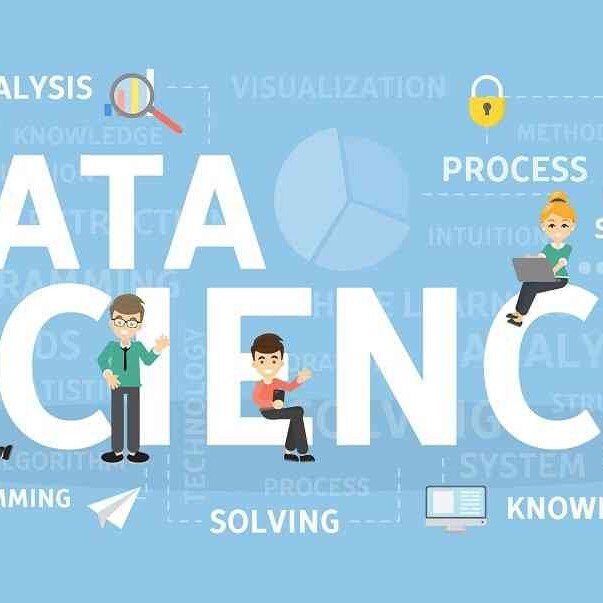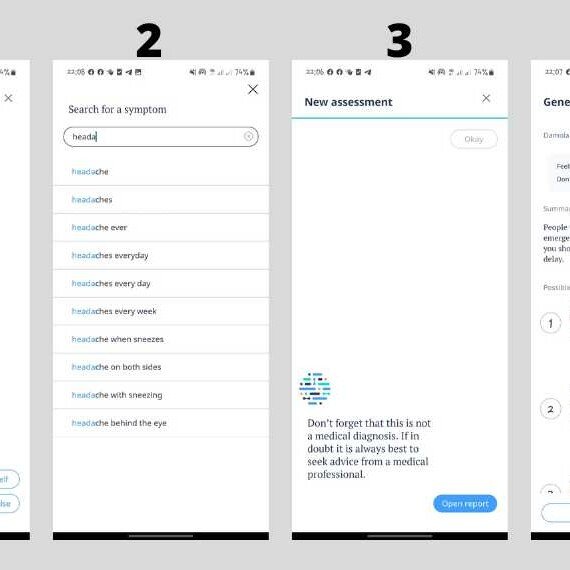1. Lack of domain expertise
Healthcare professionals are needed on the data science team, especially those with a flair for manipulating data with technology.
They offer their clinical expertise and are needed from the start of each project to understand the business organization’s needs.
This is more challenging as there is a shortage of health professionals needed for clinical duties and direct patient care.
2. Lack of data scientists
The data analytics field currently lacks the manpower to work and grow the field.
Finding and retaining skilled personnel capable of performing complex analytical tasks is a challenge.
This cuts across all industries, not just the healthcare industry.
3. Inefficient team workflow
Data science is multidisciplinary; several professionals are involved, and there is a plethora of tools and cloud technologies needed for each project.
Oftentimes, team members make use of different tools and processes that other members are not familiar with.
This can slow down the deployment of models into useful applications.
4. Patient Privacy
When handling patient data, appropriate privacy laws and regulations must be followed.
These regulations can pose a challenge by imposing stringent rules to follow to have access to needed health data work with.
5. Human bias
Humans design the analytics techniques and machine learning models used in data science projects; in so doing, these machine learning engineers can introduce their personal biases into the analytic process.
It is important to identify and correct these biases.
6. Data silos
Most patient health data is located in multiple sources across different regions.
Assessing and collating these data can be difficult.
Making use of data from these sources requires an infrastructure that easily allows health facilities to share patient data with others.
7. Interoperability
Health data is collected using health information systems, most of which are not designed to share data among themselves; hence, data analysts have to resolve discrepancies in the collection of the data from multiple health systems before embarking on analysis.
8. Cyberattacks
Health data in health information systems is a major target for cyberattacks.
A data science project works with large sets of health data; hence, data scientists and other professionals involved must deploy needed security measures to safeguard patient data in their care.
Obisesan Damola
Damola is a medical doctor who has worked in the Nigerian healthcare industry for a little over 3 years in a number of primary, secondary, and tertiary hospitals. He is interested in and writes about how technology is helping to shape the healthcare industry. He graduated from the College of Medicine, University of Ibadan, the foremost medical training institution in Nigeria.



